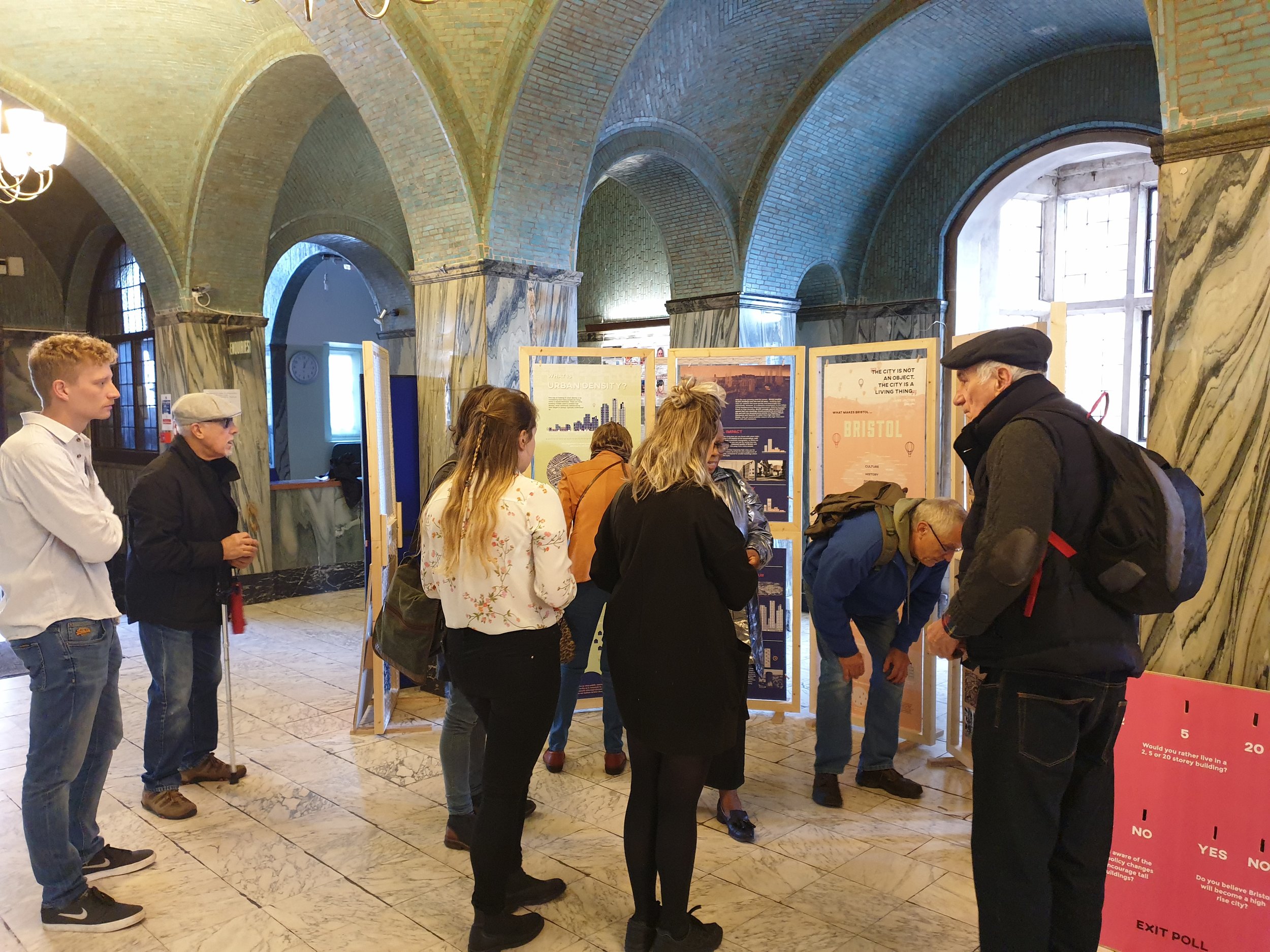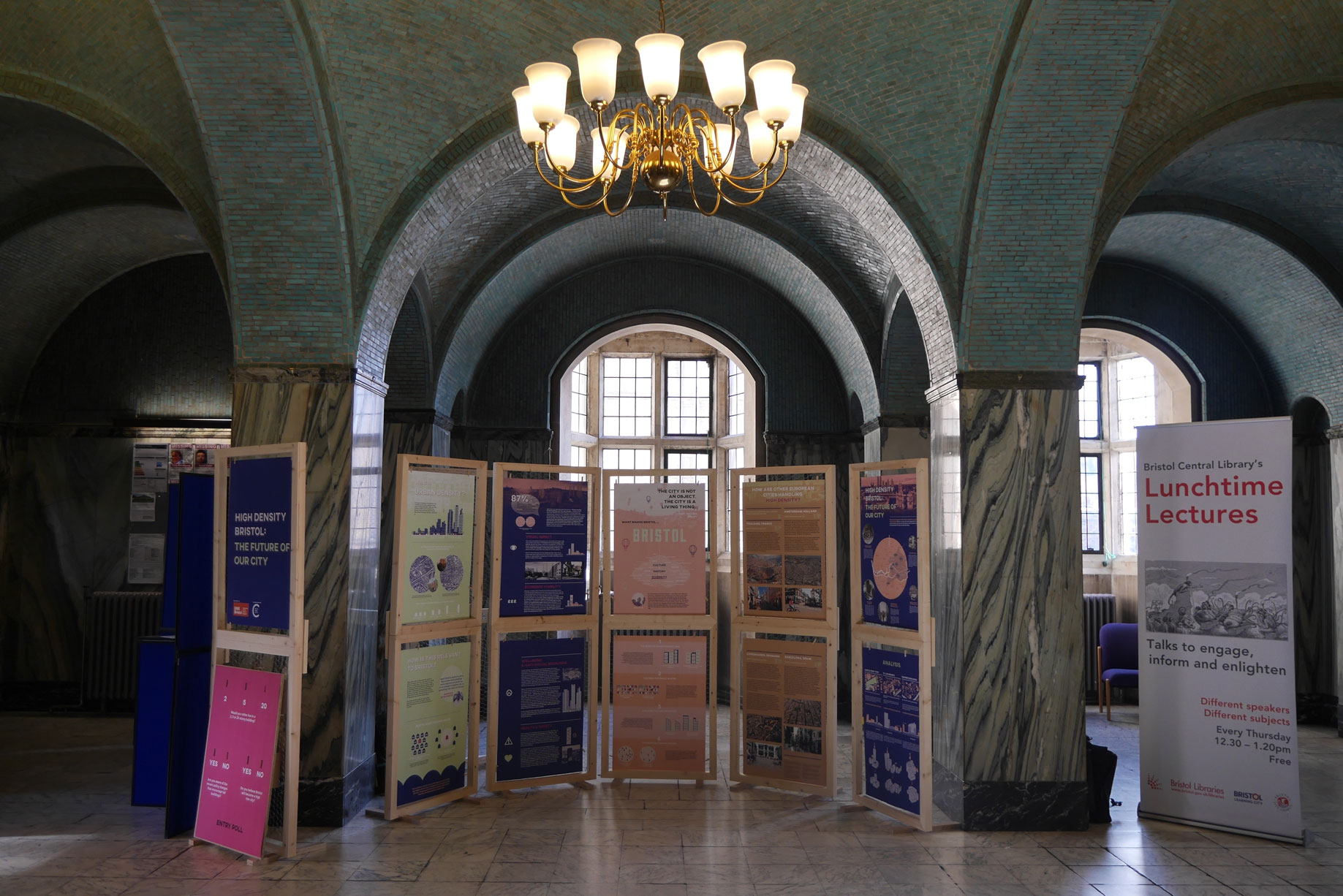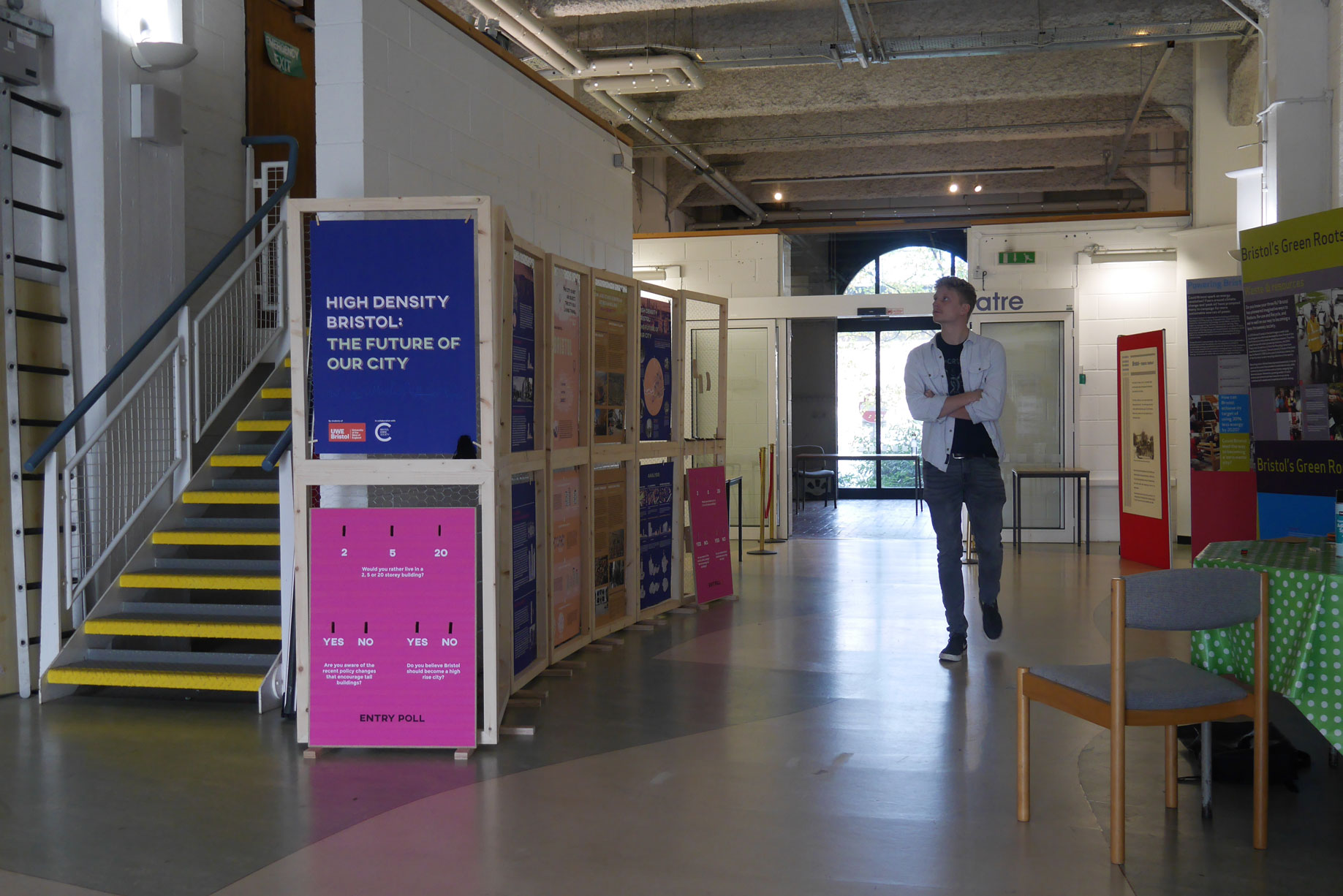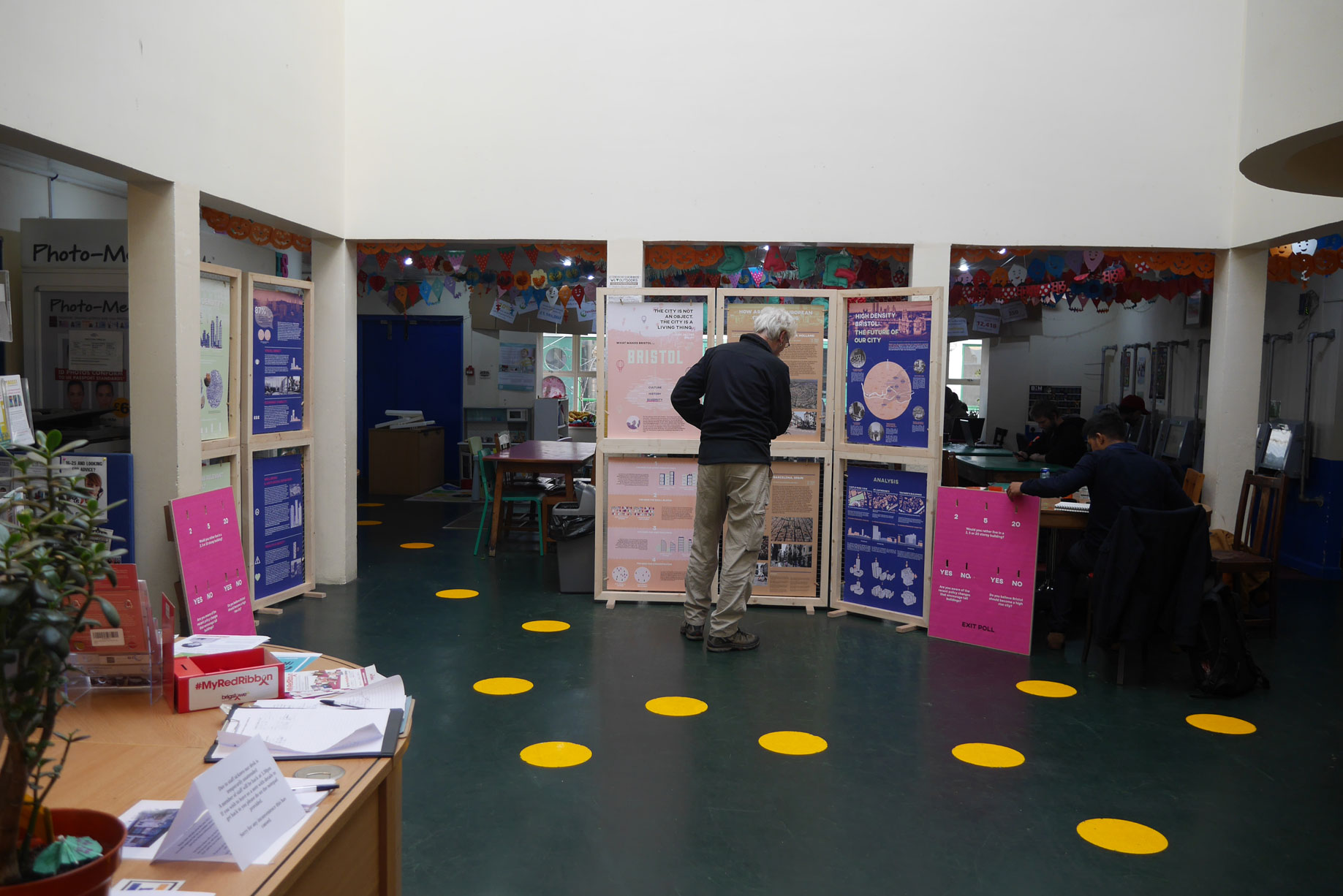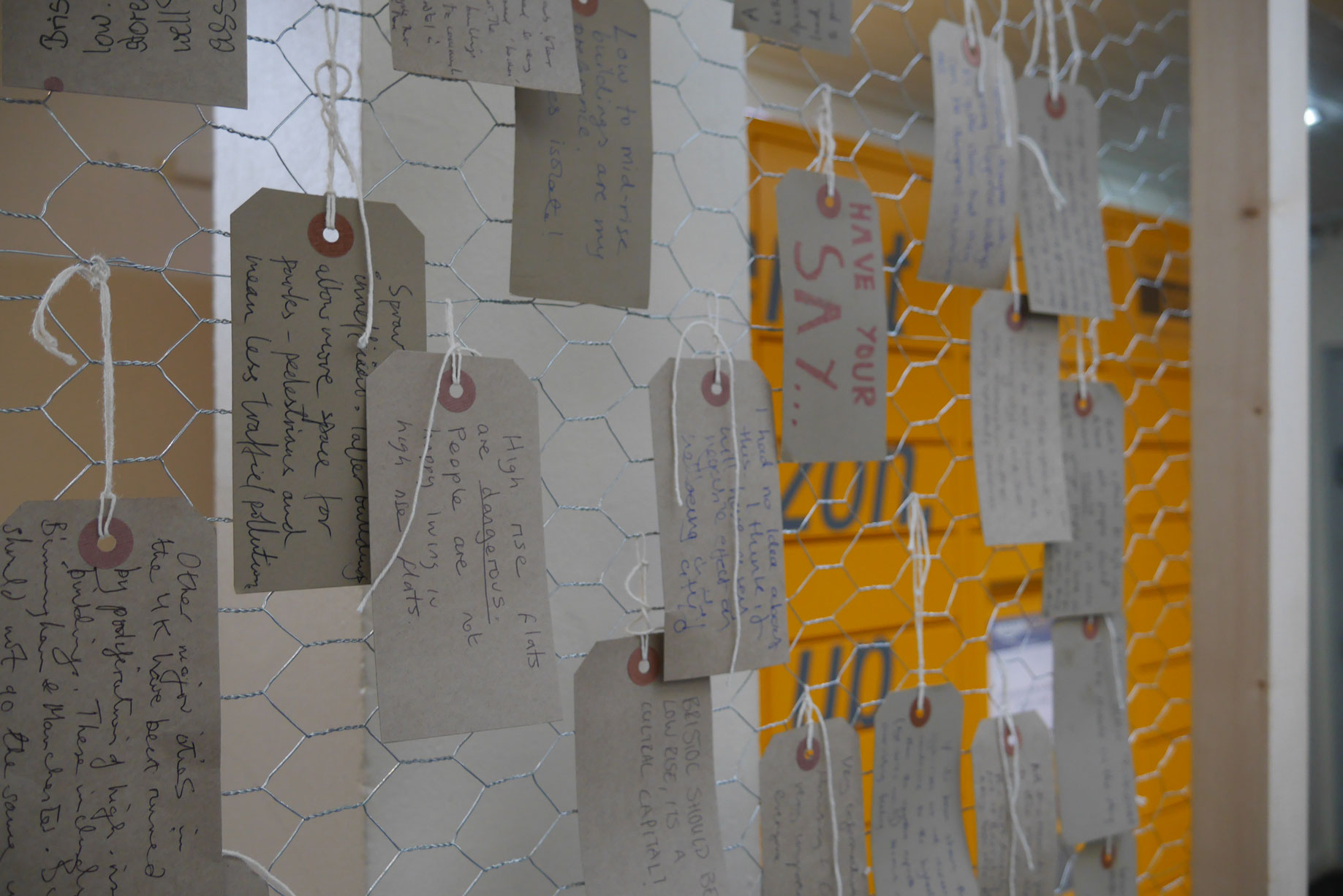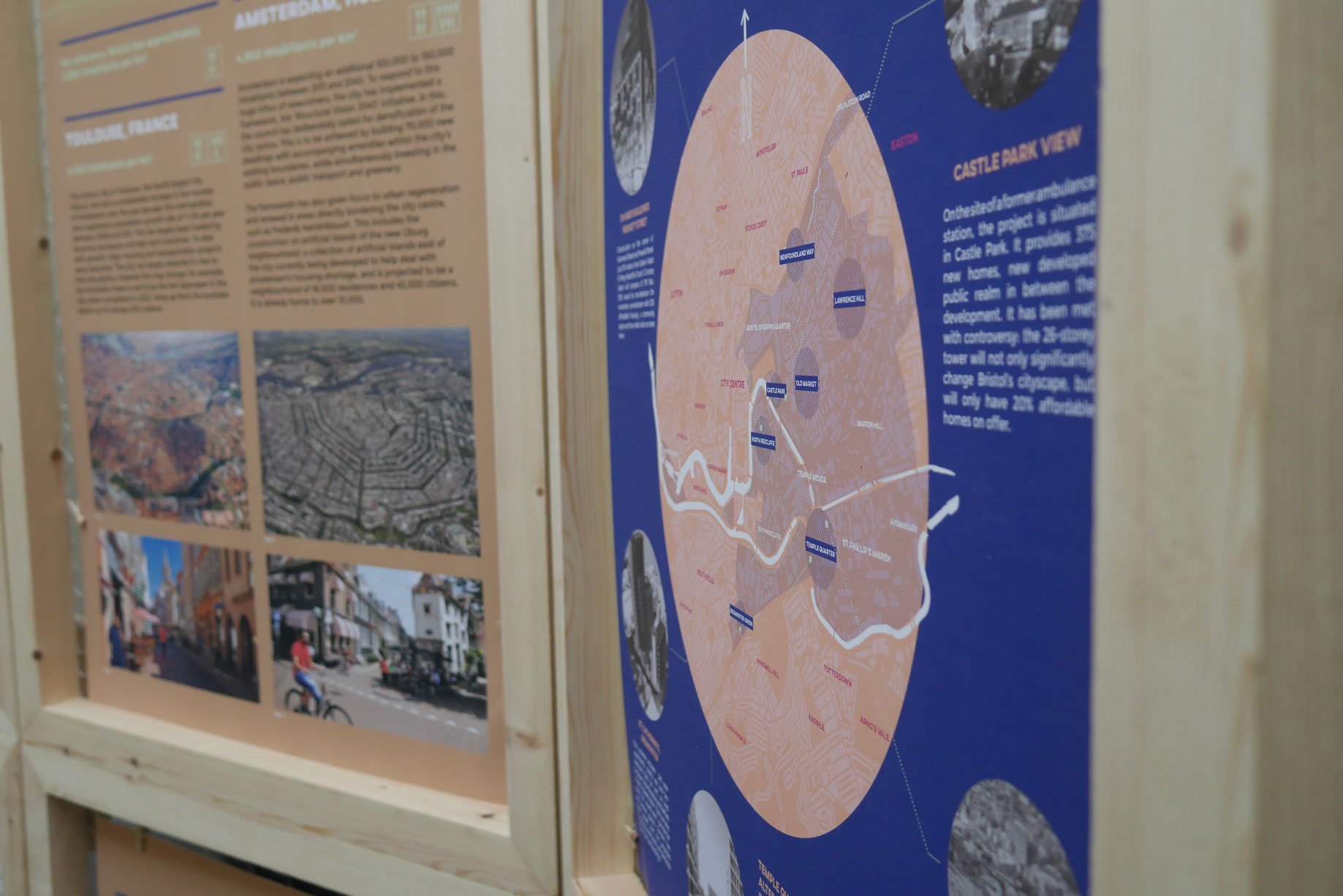HIGH DENSITY BRISTOL
RESEARCH AIM: Our aim is to increase public awareness of the fact that there has been, under the new mayor, a dramatic shift to encouragement of high rises, and to investigate the pluses and minuses of the policy: Should Bristol remain mid-rise on the model of continental cities like Vienna, Munich, Amsterdam, Toulouse, Lyon, Copenhagen, and many others which have chosen not to go high rise, typically building no higher than 7 floors.
These are the richest cities in Europe, partly because they offer attractive life-styles as shown by their positions on quality-of-life tables. Or should Bristol follow the free-market high-rise oriented model of cities like London, Manchester, Birmingham and Leeds, which are embracing developers' proposals for 'landmark buildings', marching forward to a high-rise future? Exploration through selected sites and development comparisons.
Bristol, like most towns and cities in England, is facing huge pressure to provide affordable, decent homes. It is imperative for the future residents of these homes, and the City as a whole, that these are the most effective solutions on a number of different levels.
Bristol Civic Society, an independent, voluntary organisation that exists to improve Bristol’s built environment and celebrate its heritage, is concerned that constructing high-rise buildings in haste of this demand may cause more problems than they had been built to solve. Our brief was to raise awareness to the general public of the fact that there has been, under the new mayor, a dramatic shift to encouragement of high rises, and to consider what this may mean for those who live here should a higher skyline be realised. Our response to the brief was a travelling, pop-up exhibition which would inform passers-by, but also measure how effective the exhibition was by carrying out an entry and exit poll, and also gauge the public opinion through feedback tags. These results and the exhibition itself proved useful in creating inform discussion and getting quantitative data on the topic, suggesting this is worthwhile for BCS carry out on a larger scale in the future to create greater impact and garner even more feedback and data.
